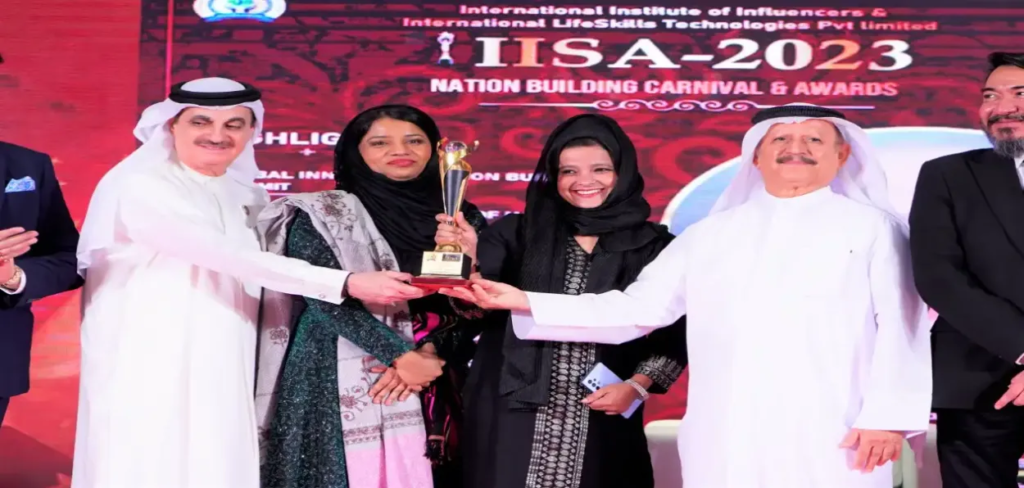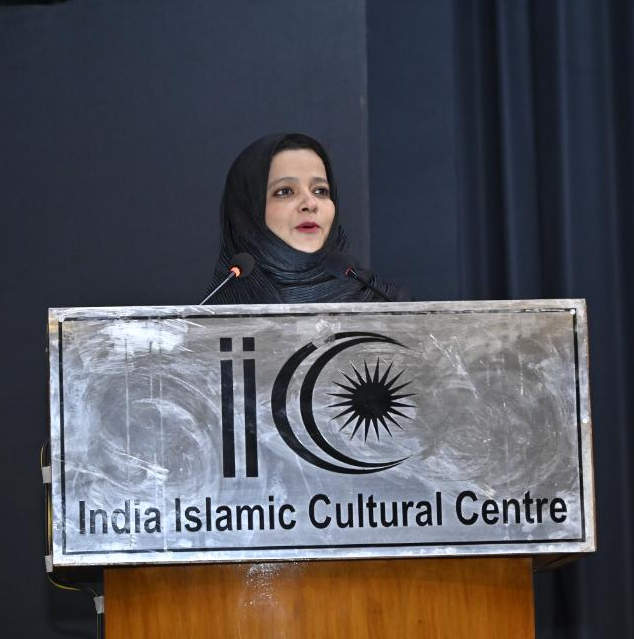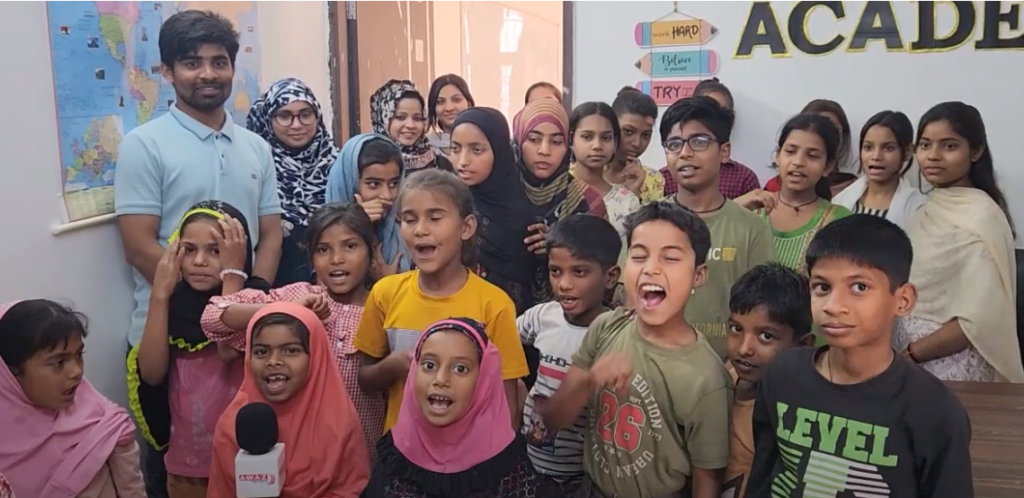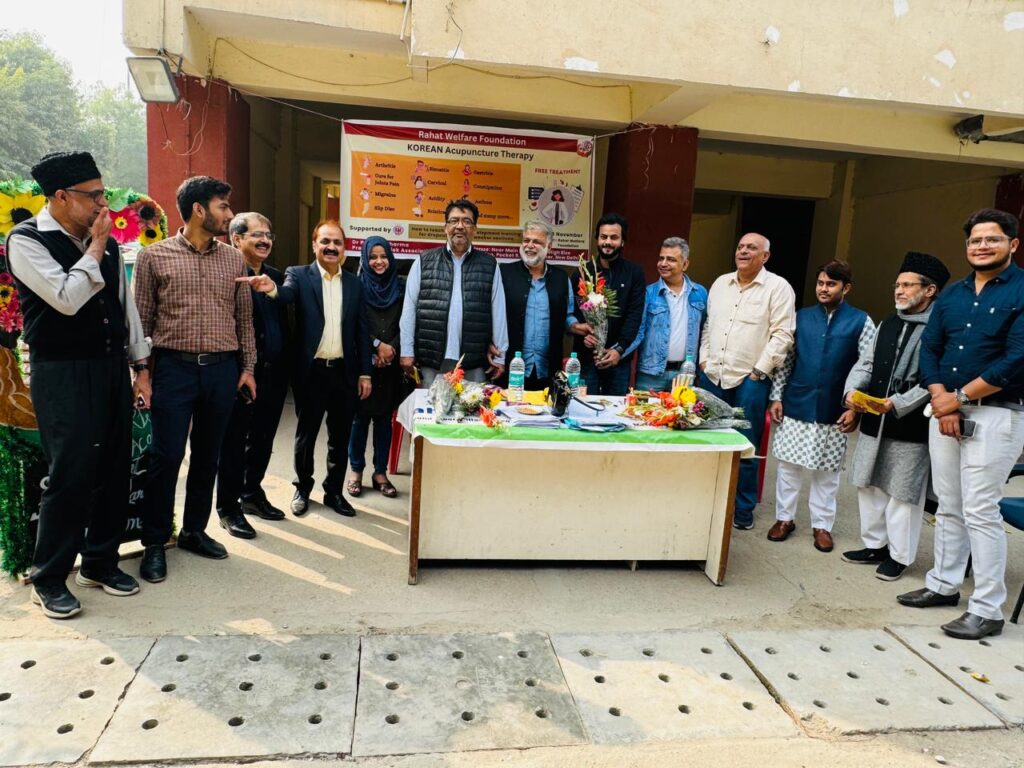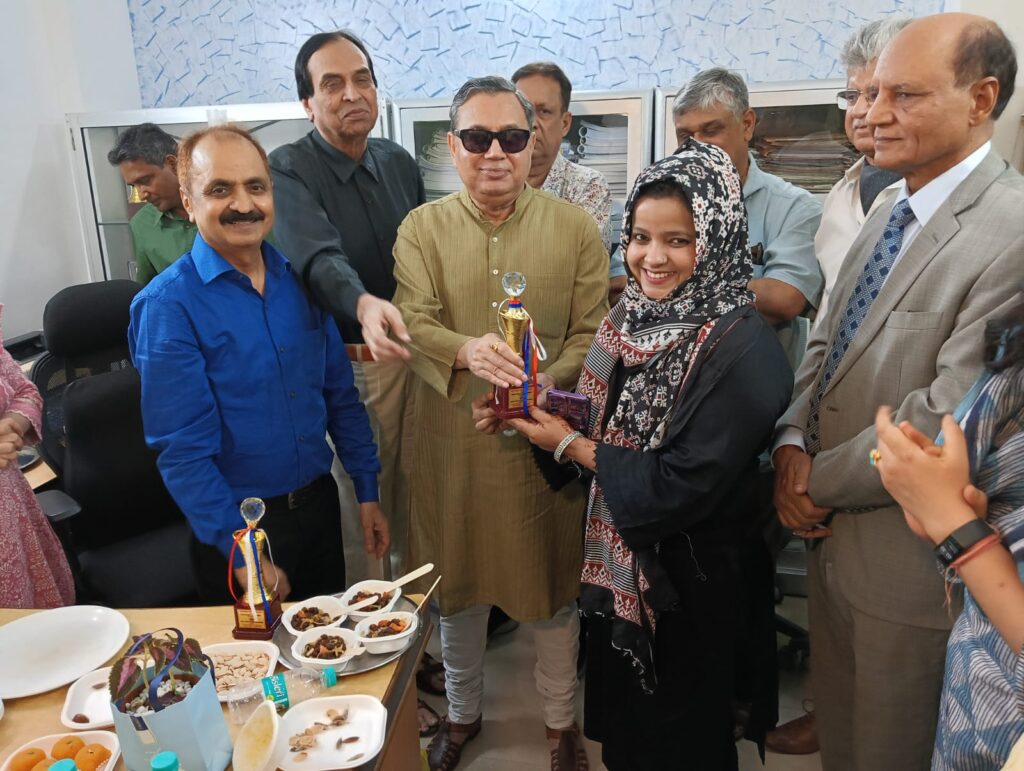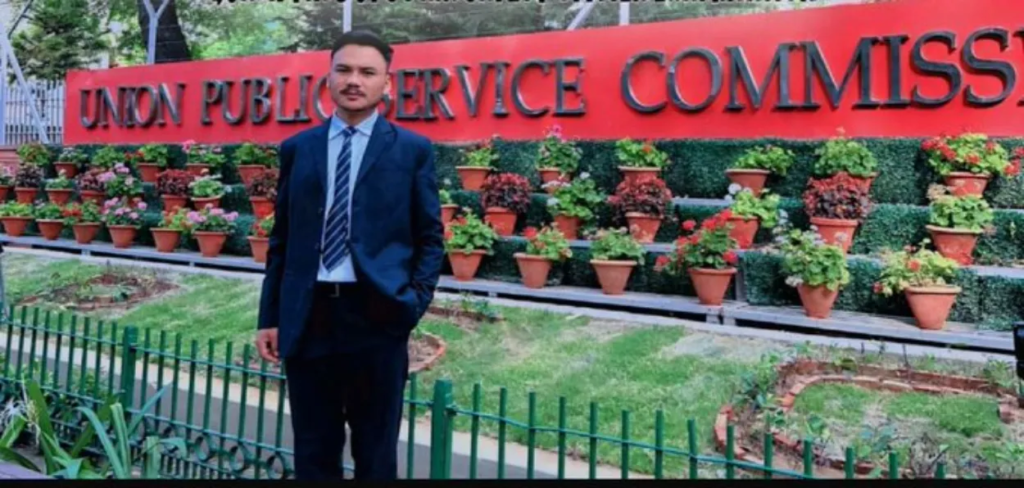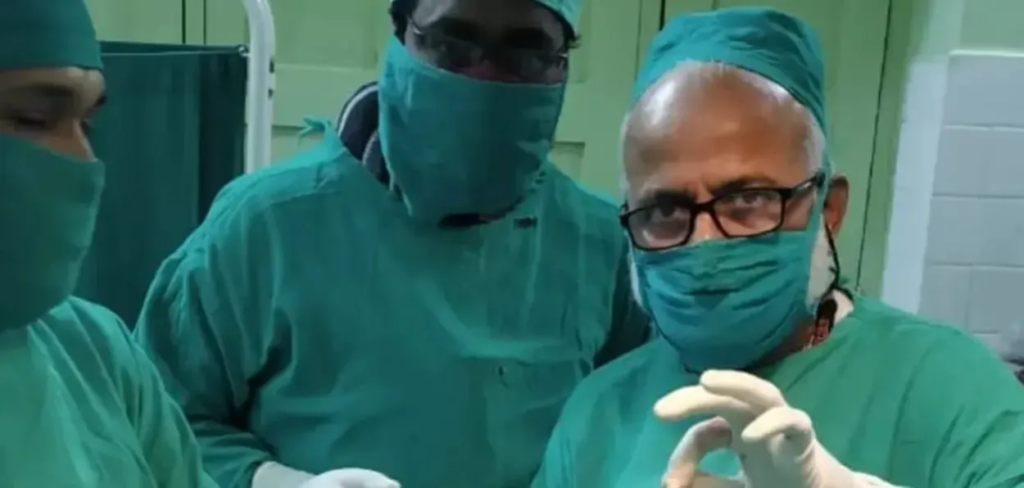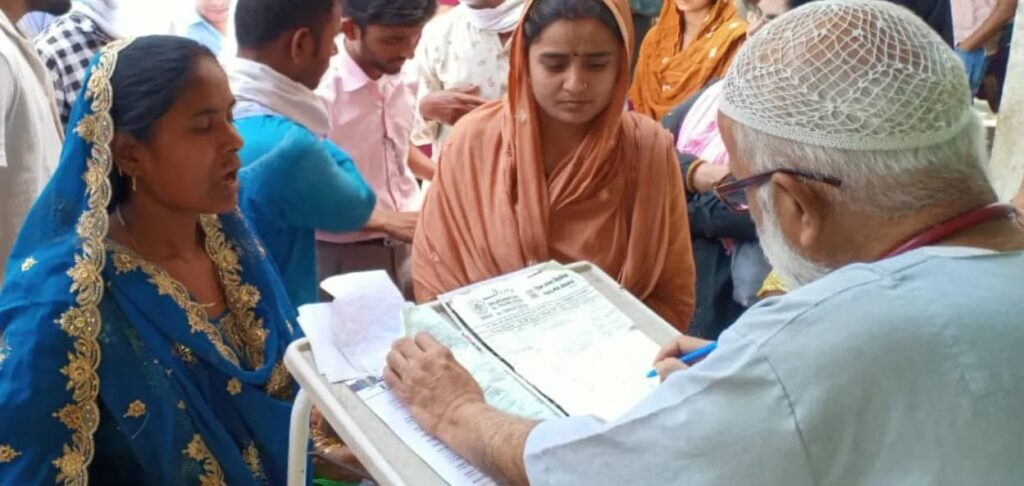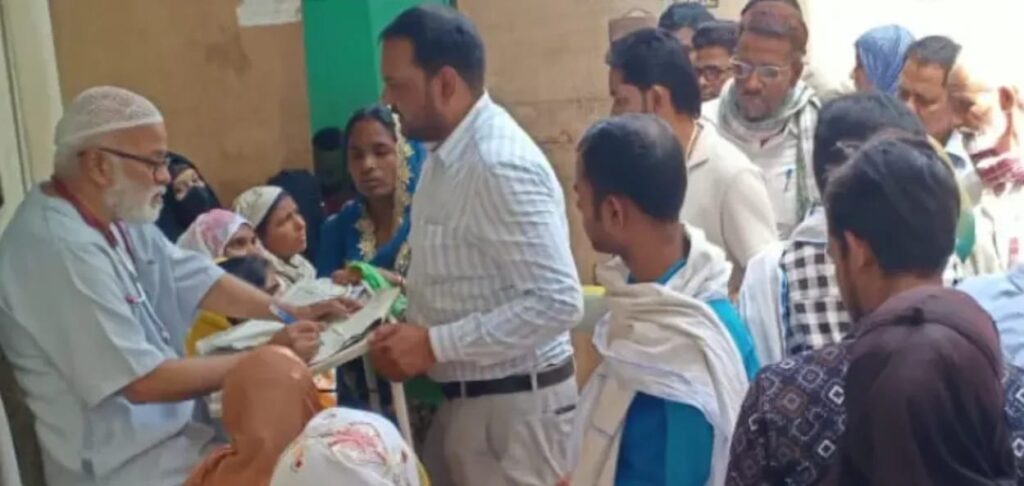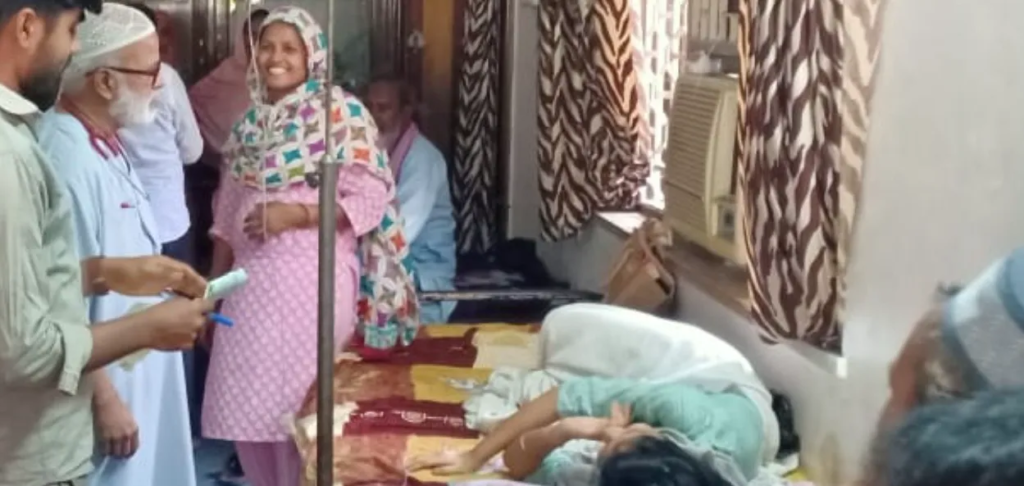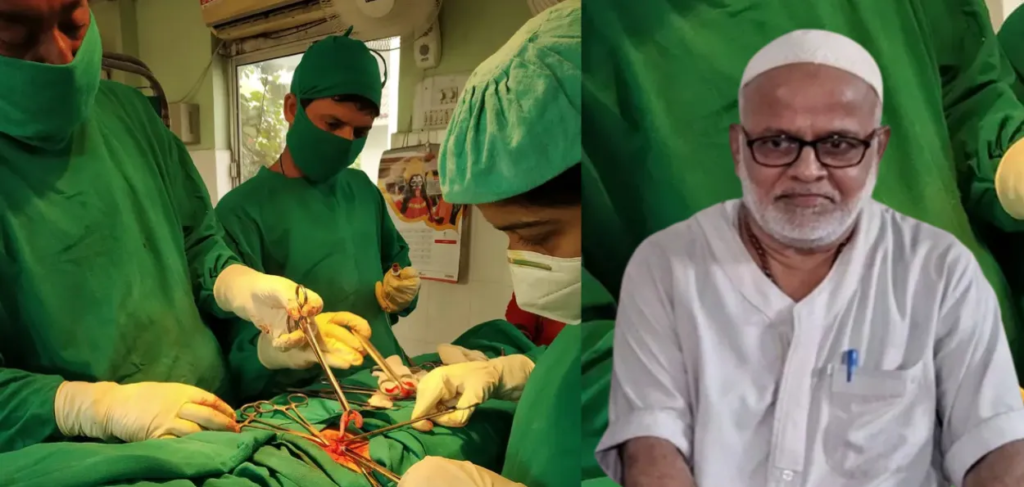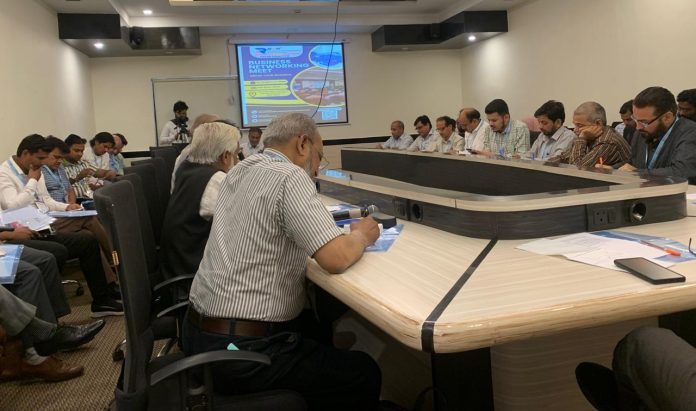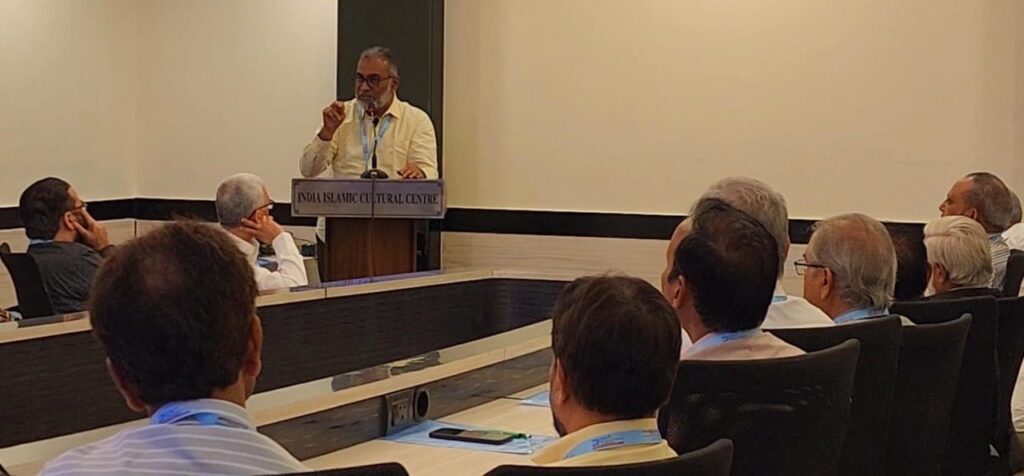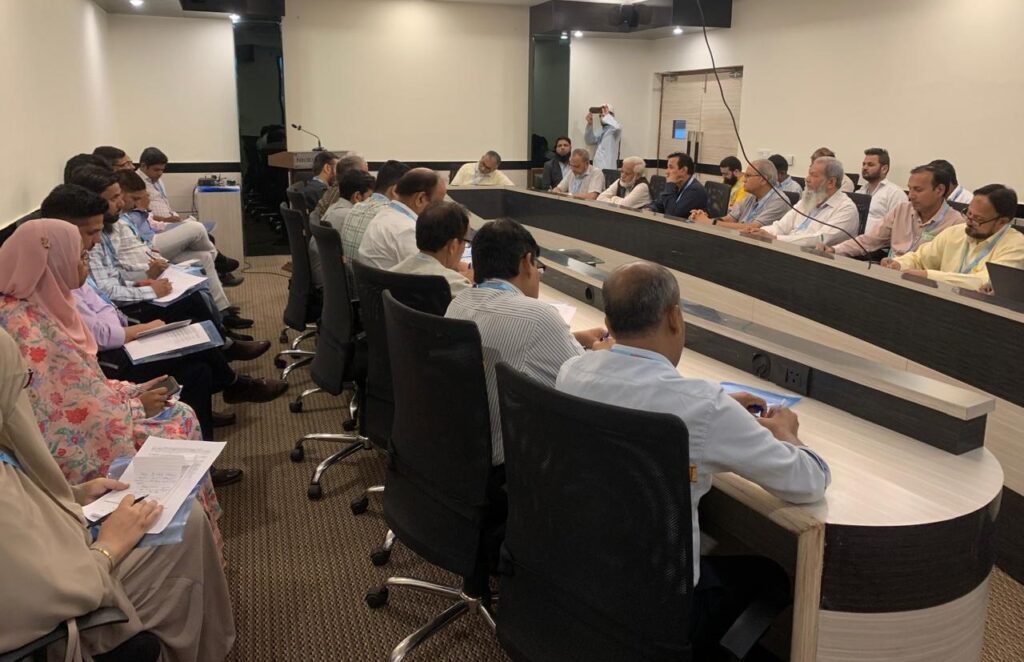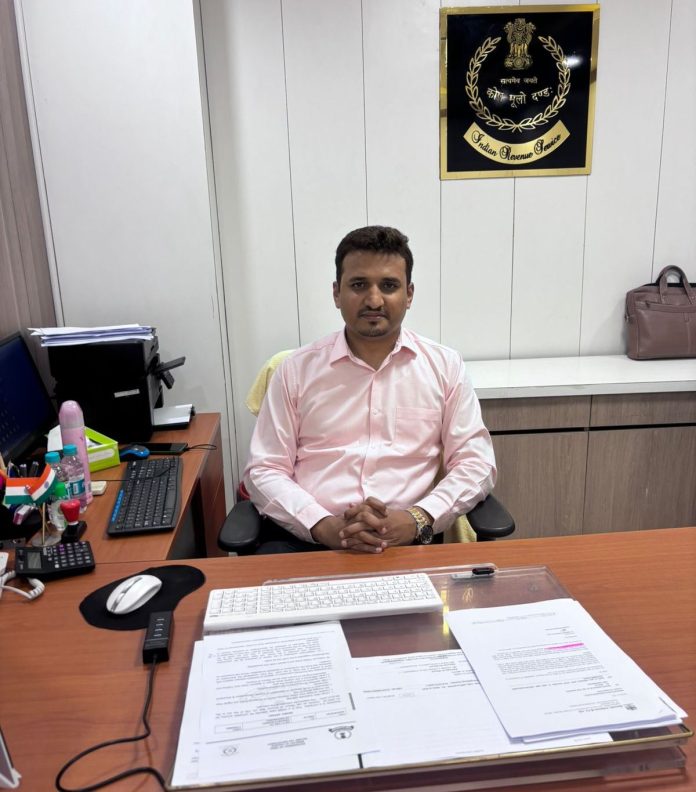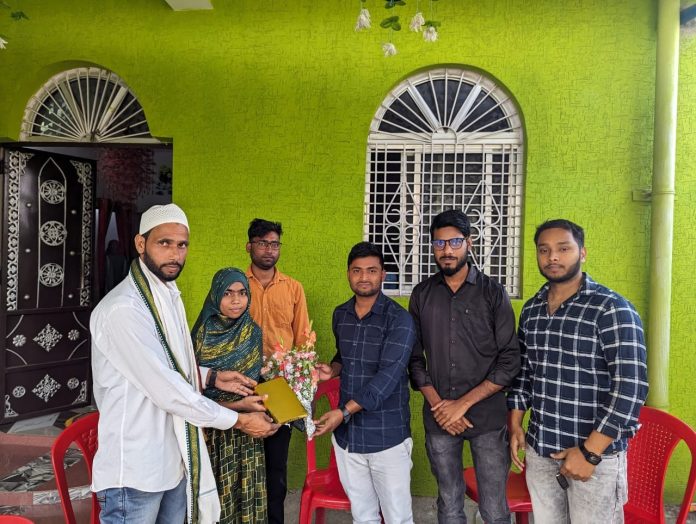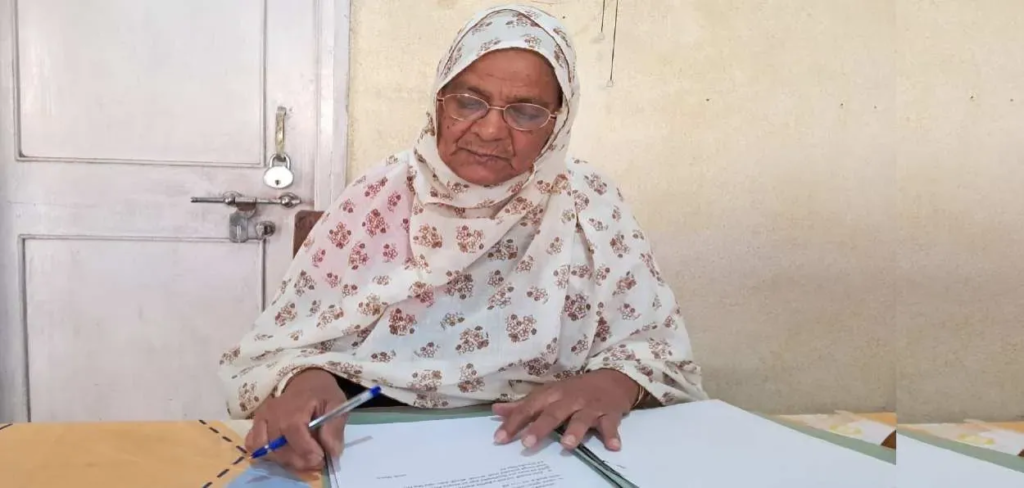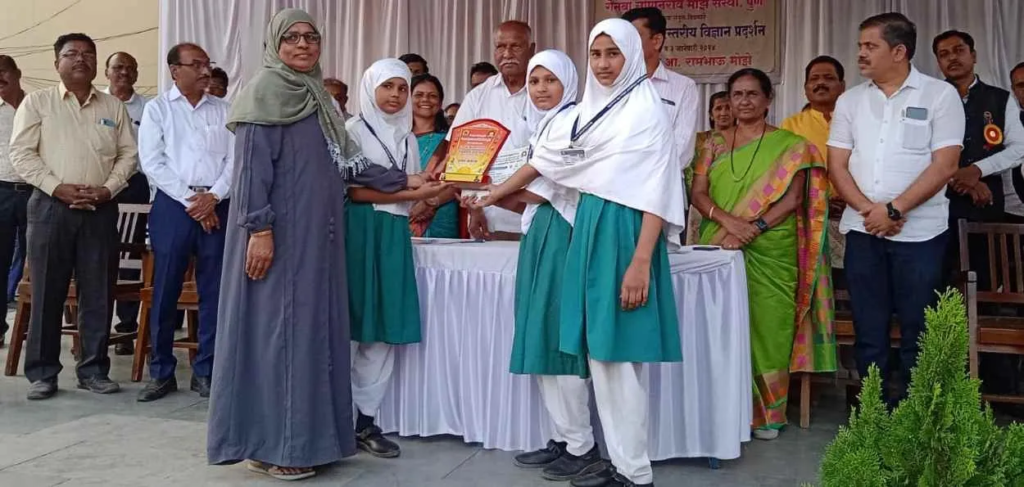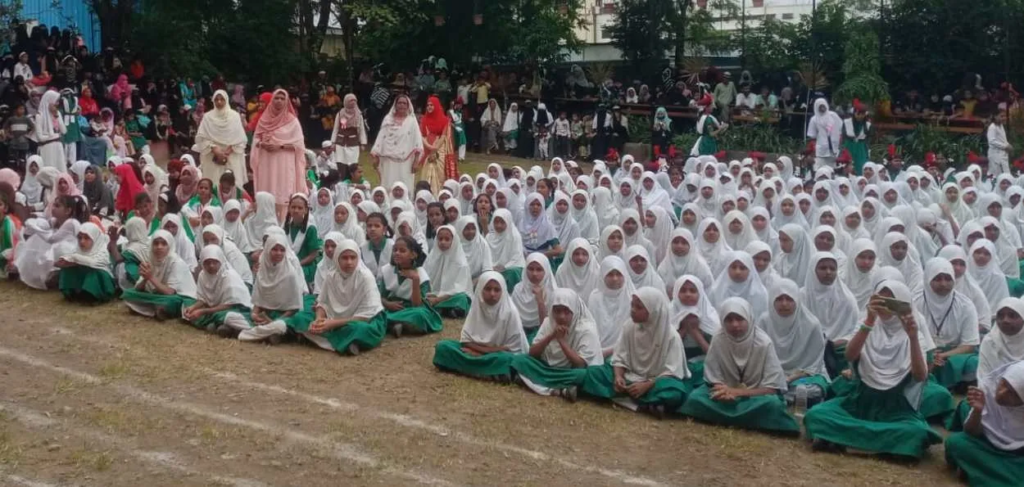Chennai, TAMIL NADU:
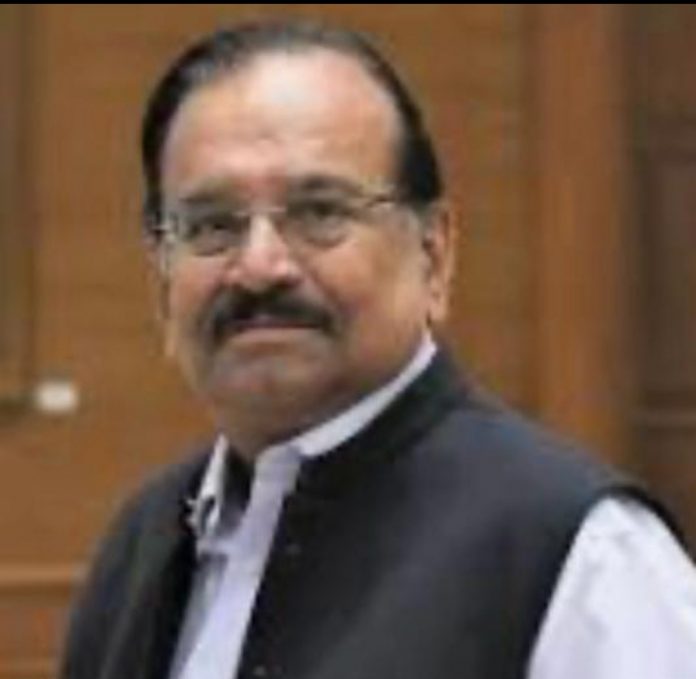
Moosa Raza
Ex bureaucrat Moosa Raza has passed away in Chennai on Thursday. He was 87. He is survived by his son and two daughters.
Moosa Raza’s life is a testament to dedication, integrity, and a deep-rooted commitment to public service. Born on 27th February 1937 in Minambur, a small village in Tamil Nadu, India, Moosa Raza’s journey from humble beginnings to becoming a respected bureaucrat and prolific writer is marked by his unwavering principles and tireless efforts to make a positive impact on society.
Education played a pivotal role in shaping Moosa Raza’s worldview. He displayed exceptional academic prowess from a young age, graduating with a Bachelor of Arts (Honours) degree in English Language and Literature from Madras Presidency College, now Presidency College, Chennai. His academic achievements were exceptional, winning seven college medals across various disciplines. This included a First Class First in his degree, a testament to his dedication and intellectual acumen.
In 1958, Moosa Raza embarked on a dual path of academia and civil service. He was appointed as an Assistant Professor of English at Presidency College, his alma mater, while also preparing for the prestigious Indian Administrative Service (IAS) examinations. His commitment to both teaching and public service underscored his multifaceted talents and passion for contributing to society.
In 1960, Moosa Raza’s dedication paid off as he was selected for the Indian Administrative Service for Gujarat in his first attempt. This marked the beginning of a distinguished career that spanned over three decades and left an indelible mark on India’s administrative landscape.
Throughout his career, Moosa Raza held several key positions that showcased his leadership abilities and commitment to public welfare. He served as Collector and District Magistrate in various districts of Gujarat, managing critical responsibilities such as flood relief operations and drought management with unparalleled dedication and effectiveness. His tenure as Principal Secretary to the Chief Minister of Gujarat and later as Chief Secretary of Jammu and Kashmir demonstrated his administrative acumen in handling complex governance challenges.
Moosa Raza’s contributions extended beyond government service. He played pivotal roles in prestigious industrial and commercial enterprises, including chairing the National Textiles Corporation and Gujarat State Fertilizers Company Ltd. His strategic leadership helped turn around struggling enterprises, saving thousands of jobs and contributing to Gujarat’s industrial growth.
In recognition of his exemplary service and contributions to society, Moosa Raza was awarded the Padma Bhushan in 2010, one of India’s highest civilian honors. This prestigious accolade is a testament to his lasting impact and dedication to public welfare.
Apart from his illustrious bureaucratic career, Moosa Raza is also a celebrated author. His book “Of Nawabs and Nightingales” offers a glimpse into his early experiences in the Indian Administrative Service, showcasing his keen observations and insights into governance and society. He has also authored books on spirituality and personal reflections, such as “In Search of Oneness” and “Khwab-e-Natamaam” (Incomplete Dreams), showcasing his diverse literary interests and philosophical depth.
Moosa Raza’s contributions go beyond professional achievements. He has been actively involved in educational initiatives, serving as the chairman of the South Indian Educational Trust (S.I.E.T.) and supporting initiatives for women’s education, dyslexic children, and communal harmony.
In his personal life, Moosa Raza is a devoted husband and father, exemplifying the values of family and community that underpin his life’s work.
Moosa Raza’s journey from a small village in Tamil Nadu to a revered bureaucrat, accomplished author, and dedicated advocate for societal progress embodies the essence of service, leadership, and intellectual pursuit. His life and legacy continue to inspire generations, reminding us of the transformative power of individuals committed to making a positive difference in the world.
source: http://www.muslimmirror.com / Muslim Mirror / Home> Indian Muslim> Obituary / by Muslim Mirror / May 08th, 2024
